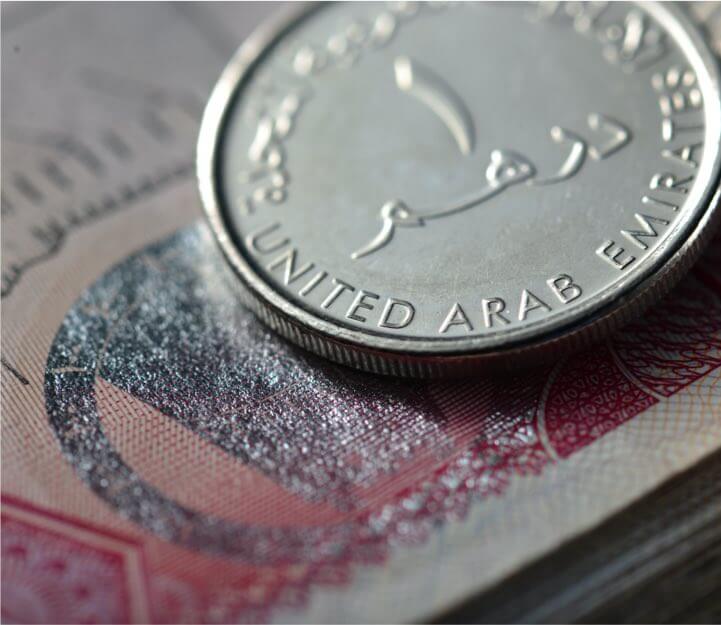Thursday 25 April 2024
Thursday 25 April 2024
The CBUAE enhances SupTech initiative as part of its Financial Infrastructure Transformation Programme
Press Release
Tuesday 23 April 2024
Tuesday 23 April 2024
Al Etihad Payments launches Open Finance to strengthen the financial services sector in the UAE
Press Release
Monday 22 April 2024
Monday 22 April 2024
The Central Bank: banks & finance companies may defer personal and car loans installments for six months to overcome the repercussions of the weather condition
Press Release
Our Operations
Rate this page
Rated by People
Thanks for rating
Last updated on: Friday 29 July 2022
Total visitors 13160















Rate this page
Rated by 2 People
Thanks for rating